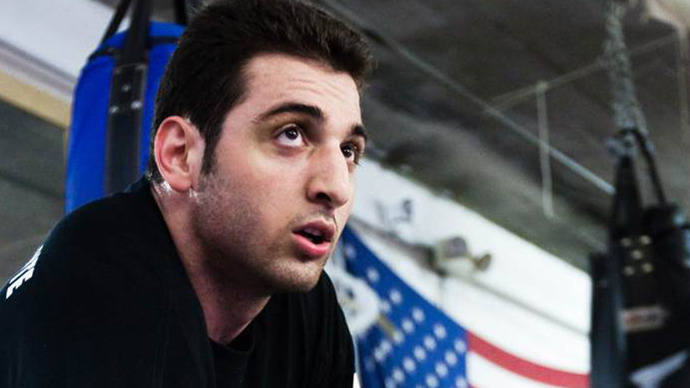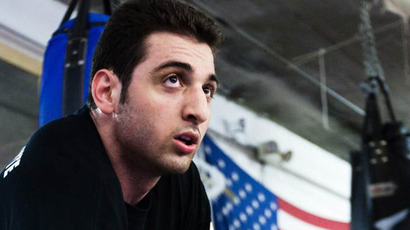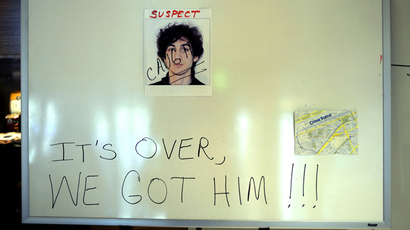FBI asked Tsarnaev to work as informant before Boston bombing, defense claims

Tamerlan Tsarnaev, one of the suspected bombers behind the Boston Marathon bombing last year, was approached by the FBI because of his extremist views and asked to work as an informant, according to court records filed by Dzhokhar Tsarnaev’s defense team.
Attorneys for the younger Tsarnaev are expected to claim that he was under the influence of the dominating Tamerlan, 26, who was killed during a shootout with police days after the bombing killed three people and injured over 260 others on April 15.
In a 23-page court filing Dzhokhar’s defense team asked the court to force the prosecution to hand over more evidence in the case that would be useful to their argument. Included in the document was the assertion that the FBI, aware of Tamerlan’s radical Islamist views, asked him to work as an informant on certain factions in the Boston region.
The court request said “the FBI made more than one visit to talk with Anzor, Zubeidat [Dzhokhar and Tamerlan’s parents] and Tamerlan, question Tamerlan about his internet searches, and asked him to be an informant, reporting on the Chechen and Muslim community,” as quoted by WBUR Boston.
The defense speculated that Tamerlan may have misinterpreted the intention of the conversations, which may have acted as a “stressor that increased his paranoia and distress.” They specifically note that the interviews should not be interpreted as a motivation for the attack, only that they represent “an important part of the story of Tamerlan’s decline.”
“The underlying data concerning the brothers’ activities, state of mind, and respective trajectories is critical,” attorneys wrote, as quoted by the Boston Globe, adding that evidence “shows Tamerlan to have had a substantially longer and deeper engagement than his younger brother with extremist and violent ideology is mitigating for the light that it sheds on their relative culpability.”
The FBI declined comment to Boston news outlets, but cited a bureau statement issued last year declaring that Tamerlan was not under surveillance and that the “brothers were never sources for the FBI nor did the FBI attempt to recruit them as sources.” Prosecutors told the Globe they have “no evidence that Tamerlan Tsarnaev was solicited by the government to be an informant.”
Dzhokhar Tsarnaev, now 20, is being held in the Ayler detention center, a small federal facility located 40 miles from Boston. The prosecution has portrayed him as an aspiring militant Muslim who was trying to carry out a holy war against the US with help from websites supportive of Al-Qaeda. As mentioned before, the defense has sought to paint him as an impressionable young man under the sway of Tamerlan.
Tsarnaev is facing a 30-count indictment for his alleged role in the bombing. Many of those charges, which include use of a weapon of mass destruction, carry the death penalty.














